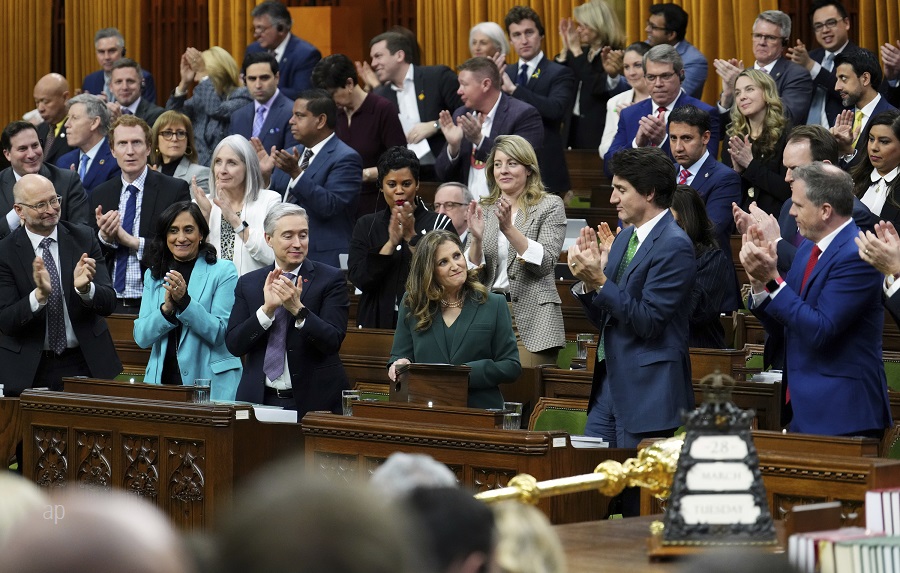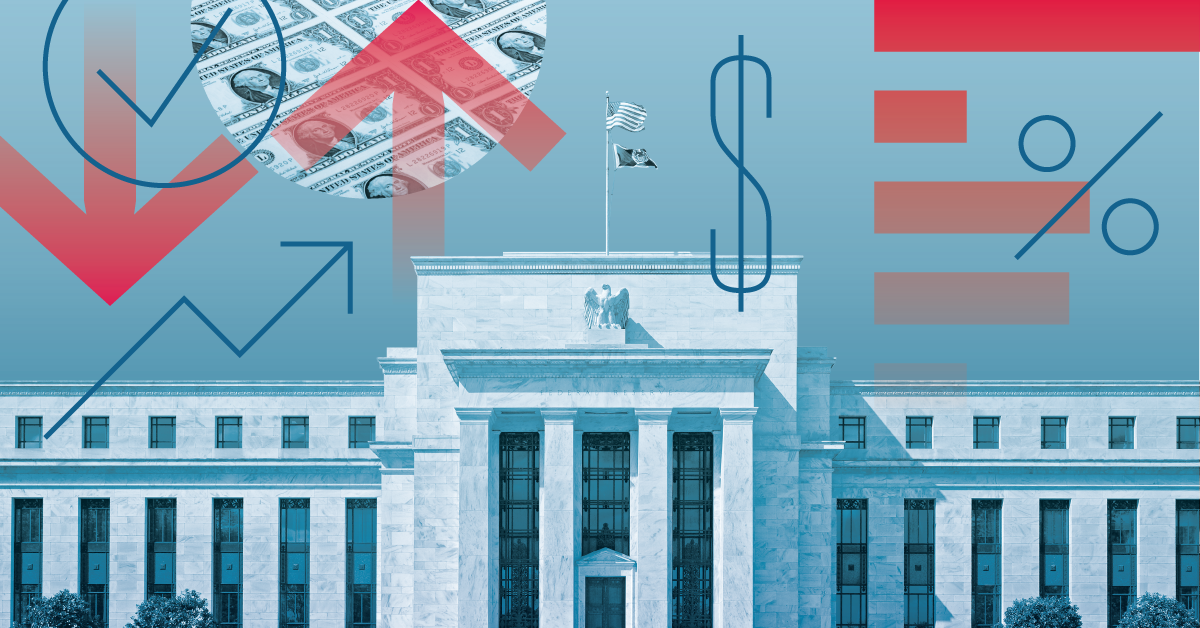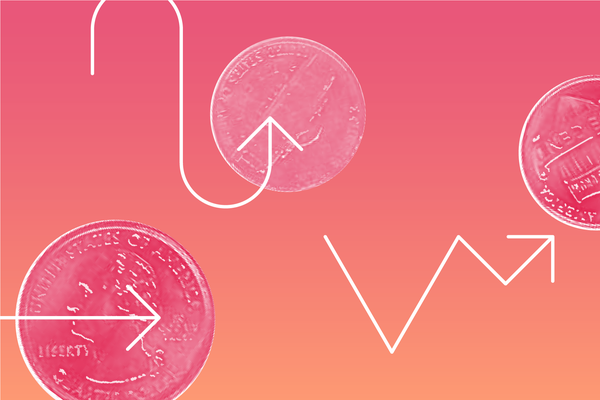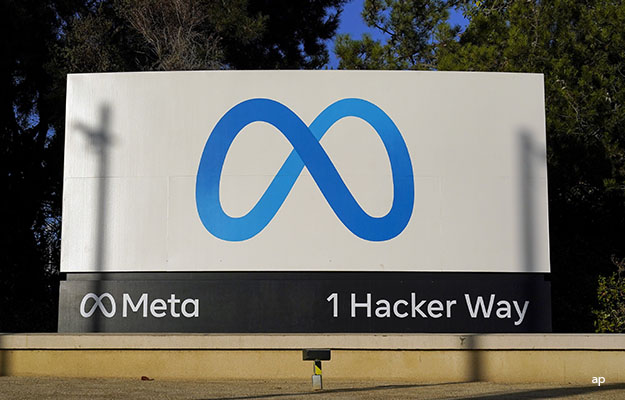
The federal Liberal government has released its 2023-24 Budget. It prioritizes spending on health care (including increased dental care), the clean economy, and affordability measures to help Canadians.
According to the Canadian Press, here are some key facts and figures to note:
- $40.1 billion: Projected federal deficit for the coming fiscal year.
- $59.5 billion: New spending over the next five years, with $8.3 billion to be spent over the coming fiscal year.
- $83 billion: The expected cost of tax credits for clean energy and electricity through to the 2034-35 fiscal year. The credits are part of Ottawa’s stated goal to rapidly develop Canada's green economy. $4.5 billion: Expected cost of a clean technology manufacturing investment tax credit over five years. The budget includes a clean electricity tax credit worth $6.3 billion over six years and one for hydrogen projects worth $5.6 billion.
- $13 billion: Expected cost of the Canada dental benefit over the next five years, or $7.3 billion more than the government initially projected.
- $2.5 billion: The cost of another one-time doubling of GST rebates this financial year to help low-income Canadians who are struggling with high prices and inflation. The government has dubbed this measure a "grocery rebate," a nod to high food prices.
Some other announcements include:
- Dividend Payouts for Financial Institutions to be Treated as Business Income: The budget notes that currently, the dividends that financial institutions receive on Canadian shares are not treated as business income and are effectively exempt from tax. Financial institutions rely on this treatment to lower their tax burden, which reduces tax revenues that are important to delivering benefits and services to Canadians. It proposes to amend the Income Tax Act to treat dividends received on Canadian shares held by financial institutions in the ordinary course of their business as business income. This measure would apply to dividends received after 2023, which would increase federal revenues by $3.15 billion over five years starting in 2024-25, and by $790 million ongoing. See our analysis here.
- Alternative Minimum Tax Changes: The Budget notes that through the significant use of deductions, credits, and other tax preferences, some of the wealthiest Canadians pay little to no personal income tax in a given year. The Alternative Minimum Tax (AMT) is intended to ensure that the highest-income Canadians cannot disproportionately lower their tax bill through advantages in the tax system. To ensure the wealthiest Canadians pay their fair share of tax, Budget 2023 proposes legislative amendments to raise the AMT rate from 15% to 20.5% and further limit the excessive use of tax preferences. These amendments would generate an estimated $3.0 billion in revenues over five years, beginning in the 2024 taxation year. Under the proposed reforms, the basic AMT exemption would increase more than fourfold, from $40,000 to $173,000, significantly increasing the income level necessary to pay the AMT. This would result in a tax cut for tens of thousands of middle-class Canadians, while the AMT will more precisely target the very wealthy. Under these reforms, more than 99% of the AMT paid by individual Canadians would be paid by those who earn more than $300,000 per year, and about 80% of the AMT paid would be by those who earn more than $1 million per year.
- Improved RESPs: The Budget proposes to increase limits on certain Registered Education Savings Plans (RESPs) withdrawals from $5,000 to $8,000 for full-time students, and from $2,500 to $4,000 for part-time students. Budget 2023 also proposes to allow divorced or separated parents to open a joint RESP for their children, which will make it easier and more affordable for parents to save for their children’s education.
- Payday Loans: Payday lenders may charge no more than $14 per $100 borrowed. The budget says the Criminal Code adjustment will be made to that effect. The government will lower the maximum interest rates payday lenders can charge to 35% annually.
- Common Chargers: Budget 2023 announces that the federal government will work with international partners and other stakeholders to explore implementing a standard charging port in Canada, with the aim of lowering costs for Canadians and reducing electronic waste.
- Right to Repair: The Budget announces that the government will work to implement a right to repair, with the aim of introducing a targeted framework for home appliances and electronics in 2024.
- Reduced Junk Fees: The government will work with regulatory agencies, provinces, and territories to reduce junk fees for Canadians. This could include higher telecom roaming charges, event and concert fees, excessive baggage fees, and unjustified shipping and freight fees.




















